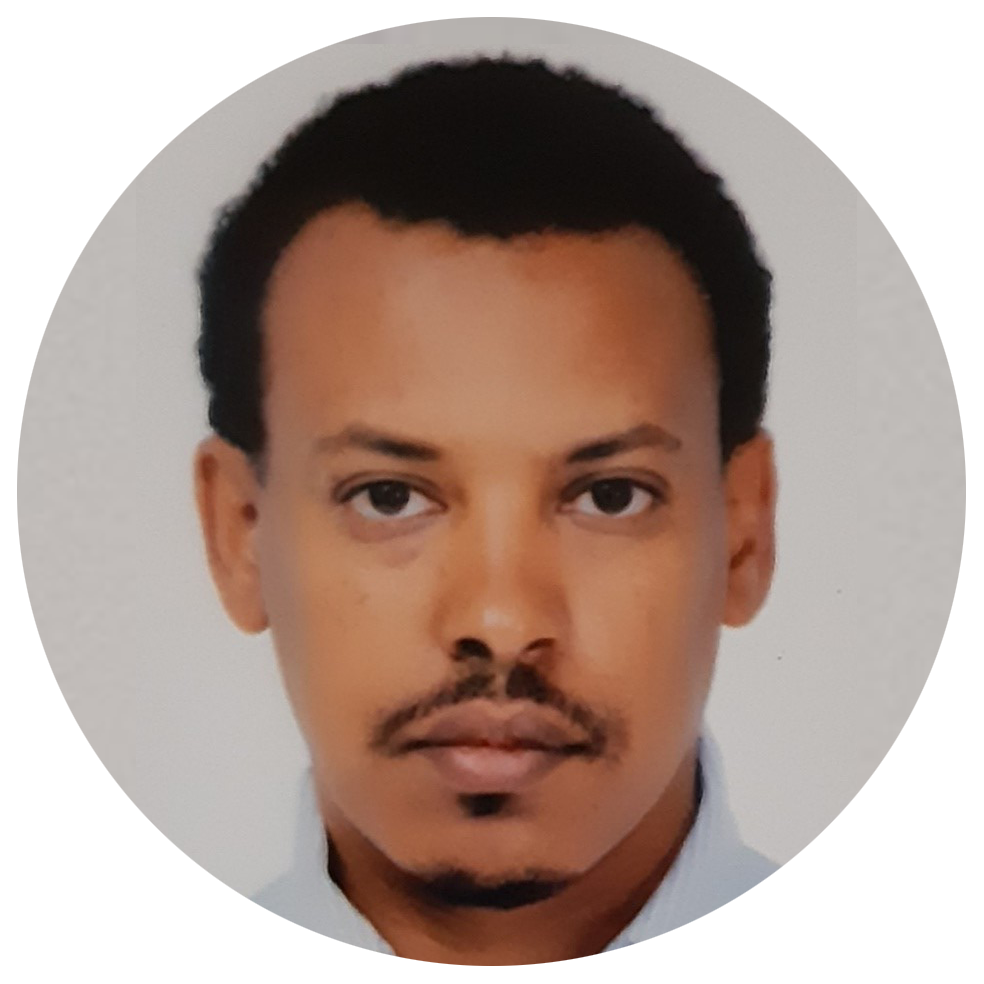Migration & Agriculture in Ethiopia
In Ethiopia, various factors such as population increases, insufficient land for agriculture and limited rainfall, land and food supplies have contributed to migration from rural to urban areas in search of jobs.
In northern Ethiopia’s Tigray region, households often support their subsistence farming livelihoods with migration in response to a lack of productive agriculture in rural areas. Migrants primarily travel to the Gulf nations and Europe, engaging in domestic work, construction and/or trade.
The Gamo area of southern Ethiopia, particularly the Gamo Highlands, is a well-known source of internal migration in the country. Migrants travel primarily to Addis Ababa and contribute to the city’s weaving community (Shero Meda). Migration to urban areas for better employment is a response to limited employment opportunities, a shortage of land for agriculture, declining agricultural productivity, population pressure, and poor governance.
Research FocusStudy SitesCovid-19 & Migration
- Understanding the economic, political, institutional factors which play a role in agriculture and migration
- Uncovering how gender roles, particularly in a male-dominated society, affect migrant households and patterns of movement
- Improving migration governance by assessing the laws and legal frameworks in place, developing policy interventions, and working towards a coherent national migration policy in Ethiopia
- Understanding net migration within or out of study areas and mechanisms that help those moving out of their home communities to support themselves
Mekelle University:
- Eastern Tigray-Tigray National Regional State
Haramaya University:
- Catchment area of Kersa HDSS, Eastern Ethiopia
Arba Minch University:
- Site 1: Chencha district, Gamo zone, SNNP Region > Ethiopia
- Site 2: Dita district, Gamo Zone, SNNP Region > Ethiopia
Country Team Members
|
Mengistu Dessalegn, Researcher, International Water Management Institute, Ethiopia |

Alan Nicol, Strategic Program Director – Water, Growth and Inclusion, International Water Management Institute, Ethiopia |

Ataklti Gebreyesus, Assistant Professor of Public Policy, Mekelle University |

Likimyelesh Nigussie, Research Officer, International Water Management Institute, Ethiopia |
| Defersha, Assistant Researcher, Arba Minch University |
Merdekios, Associate. Prof Department of Public Health, Vice President for Research & Community Services, Arba Minch University |
Nega Assefa, Associate Professor, Haramaya University |
Merga Dheresa, Assistant professor of Maternal and Child health, Haramaya University |

Borderon, Senior Scientist, University of Vienna |
Birtukan Haile, Lecturer of Law and Development, Mekelle University |
Merhatibeb Teklemedhin, Associate Professor of Environmental Law, Mekelle University |
Tewodros Alemayehu, Assistant Professor of Environmental Studies, Mekelle University |
Institutions
Arba Minch University
Arba Minch University (AMU) is one of Ethiopia’s public universities, located in Arba Mich Town at the foot of the Gamo Mountain Range facing the two Rift Valley Lakes, Chamo and Abaya. AMU consists of seven colleges, three institutes, two schools and six research centres, running 75 undergraduate, 91 graduate and 15 PhD programs. Research is becoming one of the university’s prime activities.
Contact details:
Arba Minch University (AMU)
Arba Minch, Southern Ethiopia
International Water Management Institute
The International Water Management Institute (IWMI) is a research-for-development organization focusing on the sustainable use of water and land resources in developing countries. With offices in 13 countries and a global network of scientists in over 30 countries, IWMI has contributed to social and economic development for a ‘water secure world.’
Contact details:
International Water Management Institute (IWMI)
127 Sunil Mawatha, Pelawatte, Battaramulla, Colombo, Sri Lanka
+94 11 2880000, +94 11 2784080, +94 11 2786854
Contact Point:
Mengistu Dessalegn, Researcher, International Water Management Institute — M.Dessalegn@cgiar.org
Alan Nicol, Strategic Program Director – Water, Growth and Inclusion, International Water Management Institute — A.Nicol@cgiar.org









